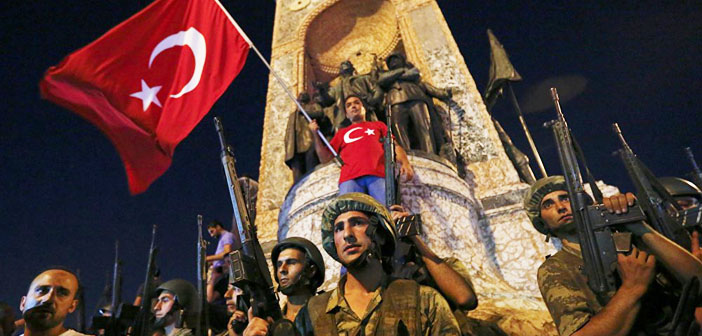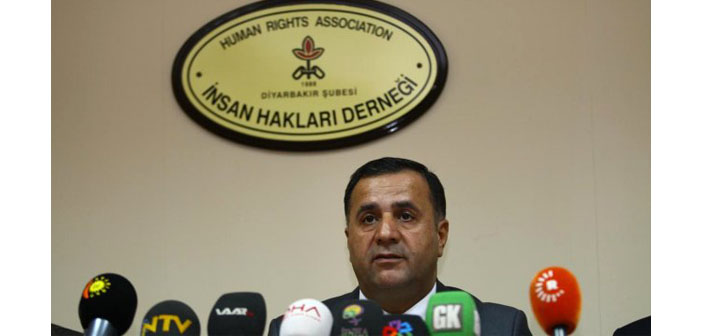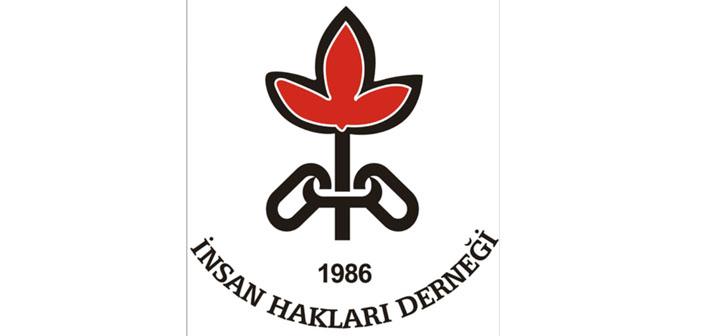Human Rights Association (İHD) and Human Rights Foundation of Turkey (TİHV) reacted against the demand of death penalty that was expressed during the demonstrations after the coup attempt in Turkey: “It should be considered that the attempt to bring capital punishment back would have grave legal and political consequences both in national and international scale.”
İHD and TİHV released a statement about the debate on capital punishment. Politicians' statements like “it is the demand of people” are met with severe reaction by İHD and TİHV.
In the statement, it is pointed out that there are enough punitive clauses in Turkish penal legislation in terms of the ones who plotted the coup and the crimes they have committed: “President brought this issue forward once again and it is absolutely unacceptable.”
It is also emphasized that President Erdoğan is a follower of former Prime Minister Adnan Menderes, who was sentenced and executed by the capital punishment: “In a country, where prime ministers, revolutionary student leaders and many other people were unjustly executed because of the capital punishment, it should be considered that the attempt to bring capital punishment back would have grave legal and political consequences both in national and international scale.”
Here are the objections against the capital punishment in the statement:
Capital punishment is a form of state violence. In other words, it is willful murder by the state itself.
Right to life is the most primary right that should be protected. Violation of the right to life by the states is an irreversible punishment, which annihilates the values of humanity by causing irredeemable damages. Thus, it is unacceptable for human rights defenders.
Abolition of capital punishment is the most important requirement of EU. Not fulfilling this requirement would cause grave political, economic, legal, cultural and sociological problems for Turkey.
Turkey cannot solve its fundamental problems, especially the Kurdish question and that is why there is an ongoing violence in the country. Repressing opponents by bringing the capital punishment back would cause other political, sociological and legal problems.
International conventions
In the statement, the international conventions that Turkey has signed are also reminded.
United Nations
UN Human Rights Committee enunciates the following:
“The right to life has been described as “the supreme right” and there is an obligation on the part of the State to protect the right to life of every person within its territory and no derogation from this right is permitted, even in times of public emergency. Under international and regional human rights law, the protection against arbitrary deprivation of life is non-derogable even in a state of emergency threatening the life of the nation. The protection against arbitrary deprivation of life is of paramount importance. States should take measures to prevent arbitrary killing by their own security forces. The deprivation of life by the authorities of the State is a matter of the utmost gravity.”
Turkey also signed and implemented the Second Optional Protocol to UN International Covenant on Civil and Political Rights, referring to abolition of capital punishment.
European Convention on Human Rights
Protocol No. 6 to the ECHR concerning the abolition of capital punishment was adopted by Turkey on June 26, 2003. The cabinet approved the protocol on August 12, 2003.
Turkey is also a party of Protocol No. 13. Implemented on June 1, 2006 by Turkey, the protocol is as the following:
“Article 1 – Abolition of the death penalty
The death penalty shall be abolished. No one shall be condemned to such penalty or executed.”
In the statement, it is noted that “Turkey has removed capital punishment from its legislation and it cannot be brought back”.





